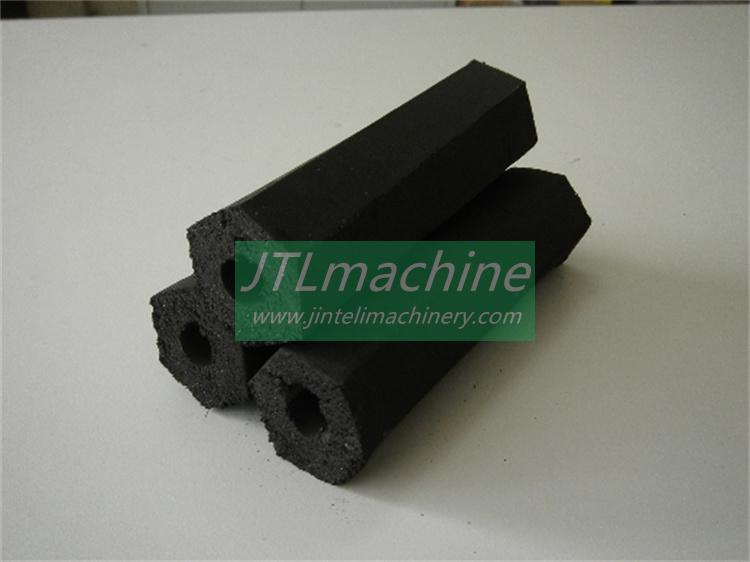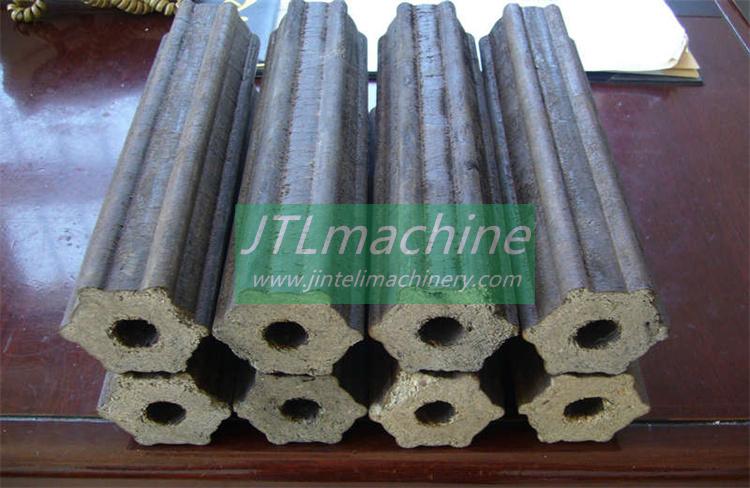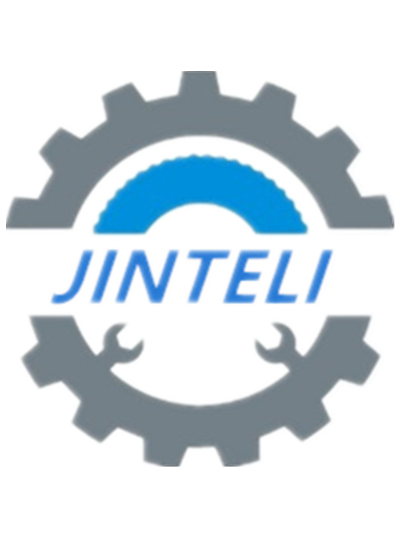Table of Contents
Advantages Of Using High Grade Coal Dust Brick Making Machines For Industrial Efficiency
The adoption of high grade coal dust brick making machines in industrial operations has introduced a new era of efficiency and sustainability. These machines, designed to utilize coal dust effectively, offer several distinct advantages that enhance industrial productivity while addressing environmental concerns. The foremost benefit of these machines is their ability to produce high-quality bricks consistently. By using coal dust, an often underutilized by-product of the coal industry, these machines transform waste into a valuable resource, ensuring a steady supply of building materials without the need for extensive raw material extraction. Moreover, the precision engineering of high grade coal dust brick making machines ensures uniformity in brick size and strength. This uniformity is critical in construction, as it guarantees structural integrity and reduces the likelihood of defects that could compromise building safety. The reliability of these machines in producing bricks that meet stringent quality standards means that industries can maintain consistent output levels, thereby optimizing their production schedules and reducing downtime. In addition to quality and consistency, these machines contribute significantly to cost savings. Utilizing coal dust, which is considerably less expensive than other raw materials, lowers production costs. This economic advantage is particularly beneficial in large-scale industrial operations where cost efficiency can translate into substantial financial savings. Furthermore, the automation and high throughput capabilities of these machines reduce the need for manual labor, thereby decreasing labor costs and mitigating the risks associated with human error. Environmental sustainability is another crucial advantage offered by high grade coal dust brick making machines. By repurposing coal dust, these machines help in reducing the environmental footprint of brick manufacturing. This process minimizes waste and decreases the reliance on more ecologically damaging raw materials. Additionally, the use of coal dust reduces the carbon emissions associated with traditional brick making processes, aligning with global efforts to combat climate change and promote sustainable industrial practices.How Good Charcoal And Coal Briquette Machines Improve Environmental Sustainability
The use of high-grade coal dust brick-making machines and efficient charcoal and coal briquette machines plays a crucial role in promoting environmental sustainability. These advanced machines not only improve the quality of briquettes and bricks but also contribute significantly to reducing environmental pollution and promoting the efficient use of resources. One of the primary ways these machines enhance environmental sustainability is through the utilization of coal dust, a byproduct of coal processing that often poses disposal challenges. Traditional disposal methods, such as dumping or incineration, can lead to severe environmental contamination and health hazards. However, by converting coal dust into high-grade bricks and briquettes, these machines mitigate the adverse environmental impacts and transform waste into valuable products. This process not only reduces the volume of waste but also curtails the release of harmful particulates and gases into the atmosphere. Moreover, the production of charcoal and coal briquettes through these specialized machines is highly efficient. These machines are designed to compact raw materials with precision, ensuring that each briquette or brick has a uniform density and size. This uniformity enhances the combustion efficiency of the briquettes, resulting in cleaner and more complete burning. Consequently, there is a significant reduction in the emission of smoke, carbon monoxide, and other harmful pollutants during combustion. This cleaner burning process is particularly beneficial in developing regions where traditional biomass fuels are still widely used, leading to improvements in indoor air quality and overall public health. The energy efficiency of these machines also contributes to their sustainability credentials. Modern briquette and brick-making machines are equipped with advanced technologies that minimize energy consumption during production. This efficiency not only lowers the operational costs for manufacturers but also reduces the overall carbon footprint of the production process. By optimizing energy use, these machines support the broader goal of energy conservation and help in the fight against climate change. In addition to their direct environmental benefits, high-grade coal dust brick-making machines and charcoal briquette machines foster the sustainable management of natural resources. By providing an alternative to traditional clay bricks and wood charcoal, these machines reduce the demand for deforestation and soil excavation. Forests play a vital role in carbon sequestration and maintaining ecological balance, and by decreasing the reliance on wood charcoal, these machines help preserve forest ecosystems. Similarly, the reduction in clay brick production alleviates the environmental degradation associated with soil mining, preserving agricultural land and preventing erosion. Furthermore, the economic benefits of using these machines cannot be overlooked. By creating a market for coal dust and other agricultural residues, these machines generate additional income streams for farmers and coal processing plants. This economic incentive encourages the adoption of sustainable practices and fosters community development. The production of briquettes and bricks also creates employment opportunities in rural and urban areas, contributing to poverty alleviation and enhancing social sustainability.
Furthermore, the economic benefits of using these machines cannot be overlooked. By creating a market for coal dust and other agricultural residues, these machines generate additional income streams for farmers and coal processing plants. This economic incentive encourages the adoption of sustainable practices and fosters community development. The production of briquettes and bricks also creates employment opportunities in rural and urban areas, contributing to poverty alleviation and enhancing social sustainability.
 Overall, the deployment of high-grade coal dust brick-making machines and charcoal briquette machines represents a significant advancement in promoting environmental sustainability. By transforming waste into valuable products, reducing harmful emissions, optimizing energy use, and conserving natural resources, these machines embody a holistic approach to sustainable development. As industries and communities increasingly recognize the importance of environmental stewardship, the adoption of these advanced machines is poised to play a pivotal role in achieving a more sustainable and resilient future.
Overall, the deployment of high-grade coal dust brick-making machines and charcoal briquette machines represents a significant advancement in promoting environmental sustainability. By transforming waste into valuable products, reducing harmful emissions, optimizing energy use, and conserving natural resources, these machines embody a holistic approach to sustainable development. As industries and communities increasingly recognize the importance of environmental stewardship, the adoption of these advanced machines is poised to play a pivotal role in achieving a more sustainable and resilient future.




